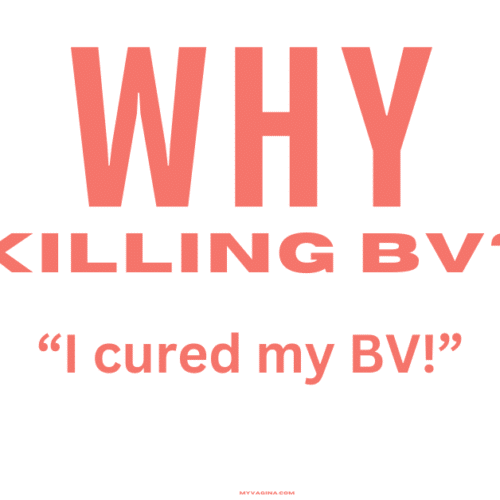What is relative oestrogen deficiency?
TL;DR
Relative oestrogen deficiency is a hormonal imbalance where oestrogen levels are low compared to other hormones, leading to symptoms like irregular periods, vaginal dryness, and infertility. This condition can be influenced by diet, exercise, body weight, and other factors. Understanding its causes and management is crucial for those affected.
Relative oestrogen deficiency is a condition whereby there is too little circulating oestrogen.
Relative means compared to other hormones that work in conjunction with oestrogen, primarily progesterone, which opposes oestrogen keeping it in check.
You could, for example, have high oestrogen and progesterone without ill effect, but once one hormone is in excess relative to the other, you start to see problems appearing. That could be relative oestrogen excess or relative oestrogen deficiency.
Too little circulating oestrogen can be caused by several factors, including eating too much fibre, rapid transit time (food’s journey from mouth to toilet), or low body weight.
Symptoms of relative oestrogen deficiency
- Periods stop or are irregular (secondary amenorrhoea)
- Vaginal and vulvar tissue fragility, irritation, dryness, soreness (atrophic vaginitis)
- Painful sex (dyspareunia)
- Infertility caused by a lack of ovulation (annovulation)
Relative oestrogen deficiency versus actual oestrogen deficiency
An actual oestrogen deficiency occurs after menopause or with low ovarian reserves, for example after chemotherapy, pelvic radiation, surgical removal of an ovary, or during breastfeeding.
Problems that can occur with low oestrogen levels, either relative or actual, include low bone density, infertility or sporadic infertility, irregular periods, ageing prematurely, and dry, fragile skin, including of the vulva and vagina (atrophic vaginitis).
How low body weight causes relative oestrogen deficiency
Any woman who is below the ideal body weight by 15-20 per cent is likely to see her menstrual cycle interrupted. Periods can stop completely and oestrogen levels drop below normal. This is because fat cells have an enzyme in them that converts testosterone to oestrogen, so the more fat you have, the more oestrogen you have.
Skinny girls usually start their periods later than everyone else for this reason. Bone density and fertility can be adversely affected.
How over-exercising causes relative oestrogen deficiency
Exercise reduces circulating oestrogens, but over-exercising can really drain the body of oestrogen causing periods to stop and bone density loss.
The reason this occurs is due to the robbing of the body of energy – food intake is less than energy expenditure – which disrupts the hypothalamic-pituitary-ovarian (HPO) axis. HPO axis disruption is believed to be due to disruption of what’s known as gonadotropins.
Gonadotropins are hormones released from the pituitary gland in the brain become fewer, so the normal cycles that depend on these hormones are not as effective. This means low levels of oestrogen in the blood.
How too much fibre can cause relative oestrogen deficiency
Fibre is a critical part of our diet, however too much of a good thing can result in low oestrogen levels. This may be useful when talking about relative oestrogen excess, but increasing fibre in the diet can result in too much oestrogen clearance by the bowel.
This relative oestrogen deficiency can lead to other sex hormone deficiency. The more fibre you have, the more frequently you have a bowel motion. The time it takes for food to get to the toilet is known as transit time, so the shorter your transit time, the less oestrogen you’ll have overall.
Part of this is due to the microflora in the bowel, but another part is because fibre increases levels of sex-hormone binding globulin (SHBG) – the molecule that ‘picks up’ your sex hormones like oestrogen and escorts them safely out of the body.
Fibre-fortified foods and fibre supplements may be more of an issue than regular whole food intake of fibre.
How speedy liver detoxification contributes to low oestrogen
Oestrogens are cleared via your liver, so if your liver is being helped along by certain herbs and supplements, you might find your oestrogen isn’t hanging around long enough in your body.
Supplements include n-acetylcysteine (NAC) with herbs including dandelion, St mary’s thistle, and others. If you are low in oestrogen, avoid these.
How smoking causes relative oestrogen deficiency
Smoking changes your metabolism, including the metabolism of oestrogen. Women who smoke also tend to have an earlier menopause and an increase in osteoporotic fractures.
Managing relative oestrogen deficiency
Usually the problem won’t be as obvious as all of this – your periods might stop and nobody may know why. You may have other hormone/reproductive issues like ovarian cysts going on, with a lack of periods or skipped periods being put down to other causes.
Managing your diet and exercise routine is going to be the main focus of management since they play such a major role in relative oestrogen deficiency.
It doesn’t take long for cycles to get back into a regular pattern once the interruptions have been identified and corrected, maybe a month or two with a concerted change in diet or exercise routines.
What else could it be?
Sometimes hormonal imbalances require a bit more investigating and detective work that is out of the scope of this article, as it is individualised. If you’re not sure what to do, book in with a knowledgeable practitioner who can get proper testing and guide you in supportive treatments.





